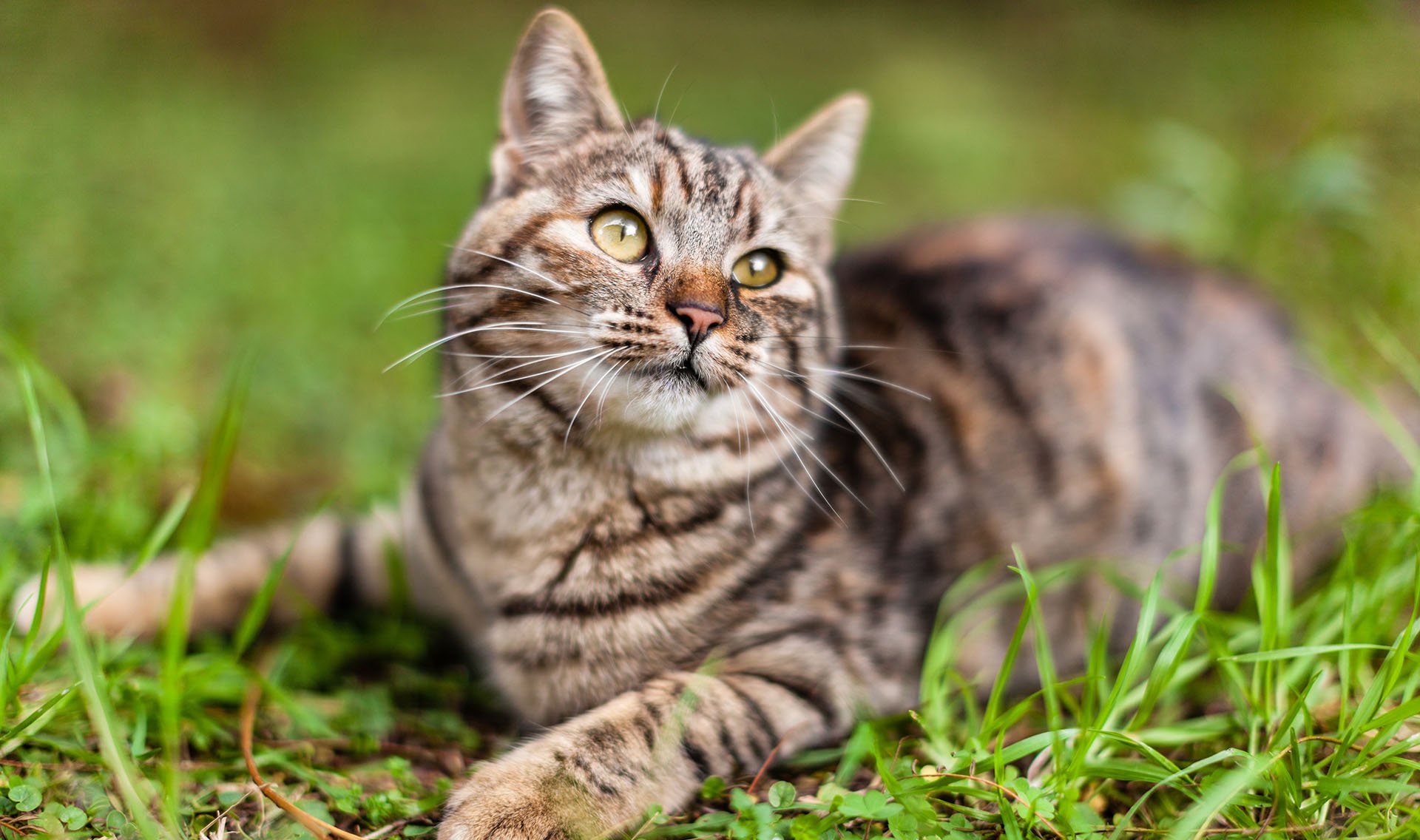
Your gift saves a life like hers.
Your gifts are fully tax deductible. Our tax ID is 20-1048883.
Dogs and cats throughout the Upstate suffer every day because their guardians cannot afford veterinary care, which leads to abandoned animals and crowded shelters. Investing in the work of Speak for Animals is a proactive and preventative response to the problem of dog and cat overpopulation.
YOU can ensure that our community will be a healthier place for animals and the people who love them by making a one-time or monthly gift today. Choose to support spay/neuter or help an animal in a low income family with veterinary care (Pickle Fund).
Honor and Memorial Gifts
The sweetest way to show you care is to give an honor or memorial gift. It means the world to the person who receives acknowledgement of the gift and helps animals live better lives. Select the program of your choice below and follow the instructions for your gift. Please include who we should send a card of acknowledgement and their address.
Recurring Monthly Gift Program
Monthly donors are the lifeblood of lifesaving through Speak for Animals. Your monthly gift is an easy way to support animals who need your help the most. You can select either program below and follow the instructions.
Your donations are tax-deductible. Speak for Animals is a qualified 501(c)3.
To mail in a donation, please send to:
Speak for Animals
PO Box 24185
Greenville, SC 29616
Spay/Neuter
The best way to combat overpopulation and make life better for animals is through spay/neuter. Your gift means a cat on the street will no longer have litter after litter. Or, a dog will calm down and be less interested in roaming once he has his neuter. Thank you for taking a stake in improving the health and happiness of dogs and cats, while reducing suffering with your investment in Speak for Animals.
The Pickle Fund
In Memory of Pickle
The Pickle Fund was started in memory of a dog with cerebellar brain damage, who was rescued by Speak for Animals' founder, Susan. When Pickle passed away, we started a fund to help dogs and cats “in a pickle” who need veterinary care due to the lack of resources in our area.


